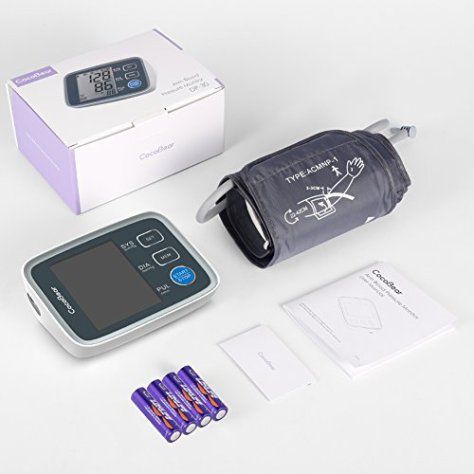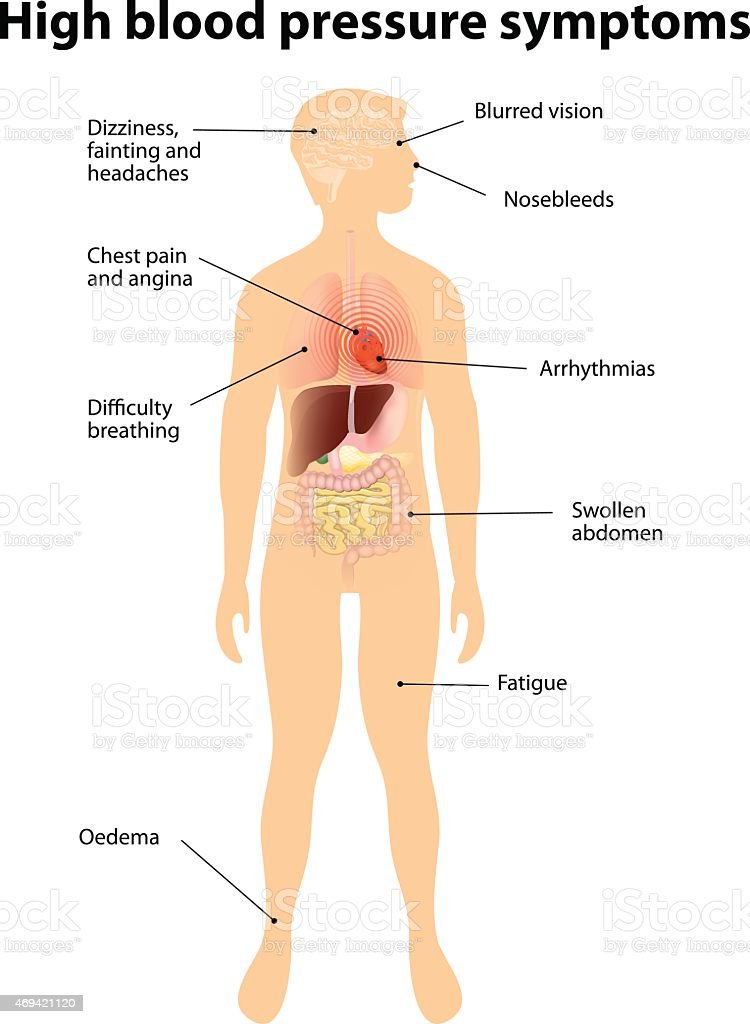
If you experience hypertension symptoms, you should consult with your doctor immediately. High blood pressure may indicate a serious medical condition, such as a heart attack or stroke. Other signs of hypertension include nosebleeds, high blood pressure, and anxiety. These symptoms should be taken seriously. If you notice any of them, contact your Oklahoma Heart Hospital for treatment. However, you should not act on them alone. They are only warning signs and are not signs of an underlying health condition.
When you experience hypertension symptoms, seek medical attention immediately. If your blood pressure is too high, it could be a sign of an underlying organ injury. It is important to consult a doctor if you have any of these signs. If you have a family history of high blood pressure, it is especially important to check your blood pressure regularly. A doctor will be able to prescribe treatment based on your symptoms and your family history.
If you are concerned about the symptoms of hypertension, visit your doctor as soon as possible. While a visit to the doctor can temporarily increase your blood pressure, it is a sign of a more severe condition. Your blood pressure should be monitored frequently and you should make sure that you follow your treatment plan religiously. The signs of hypertension should not be ignored; they may be a sign of underlying health problems. When you have high blood pressure, consult with your doctor to get proper diagnosis and treatment.
If your blood pressure is too high, you should contact your healthcare provider to get immediate treatment. If it is too high, it may mean your heart is suffering from an ongoing organ injury and should be treated by a physician. If it doesn’t go down, you should consult a neurologist to make sure your heart is okay. The symptoms of hypertension should be reported immediately. Your health care provider will discuss your options for treatment and give you advice on how to prevent and manage the symptoms.
People with hypertension may experience recurrent headaches. If their medications are not taking effect, they may suffer from recurring headaches. This can be mild, moderate, or severe. The pain can also be throbbing and painless. Other symptoms of hypertension include a tendency to feel tired or dizzy. It is important to visit your healthcare provider to get the right treatment. If you don’t have a doctor, you can search online for information about hypertension treatments.

The most important thing you can do to prevent hypertension is to know your blood pressure readings. It is important to check your blood pressure regularly to make sure it is normal. Measuring high blood pressure can help you avoid complications and stay healthy. If you have any of these symptoms, you should contact your doctor as soon as possible. Even if you don’t have any symptoms, it’s important to get a blood pressure reading to rule out any other underlying medical conditions.
People with hypertension may have recurrent headaches. Pain may worsen when you skip a dose of medication or increase blood pressure. Headaches can be mild, moderate or severe. High blood pressure readings can cause shortness of breath and nausea. Some people may have nosebleeds, but they are not a classic sign of hypertension. These symptoms are less noticeable than others and should be seen by a doctor if they bother you.
The symptoms of hypertension vary from person to person. If you have hypertension, you may find it difficult to determine its exact cause. Some people experience dizziness or shortness of breath, while others experience throbbing pain in an arm or leg. The symptoms of hypertension may not be noticeable until they become severe. You should see a doctor for a proper diagnosis. There are also a number of side effects associated with blood pressure medications, so you should talk about them with your healthcare provider and on the health website cth.co.th.
People with arterial hypertension should be examined immediately. If the systolic pressure exceeds 140 mm Hg. Art., the problem is more serious and requires treatment. If the blood pressure is above 120/140/90, this is a sign of malignant hypertension. This can cause stroke, kidney damage, and loss of consciousness, so it’s important to see a doctor right away. If the blood pressure readings are high, you should take a break for a few minutes and call an ambulance.